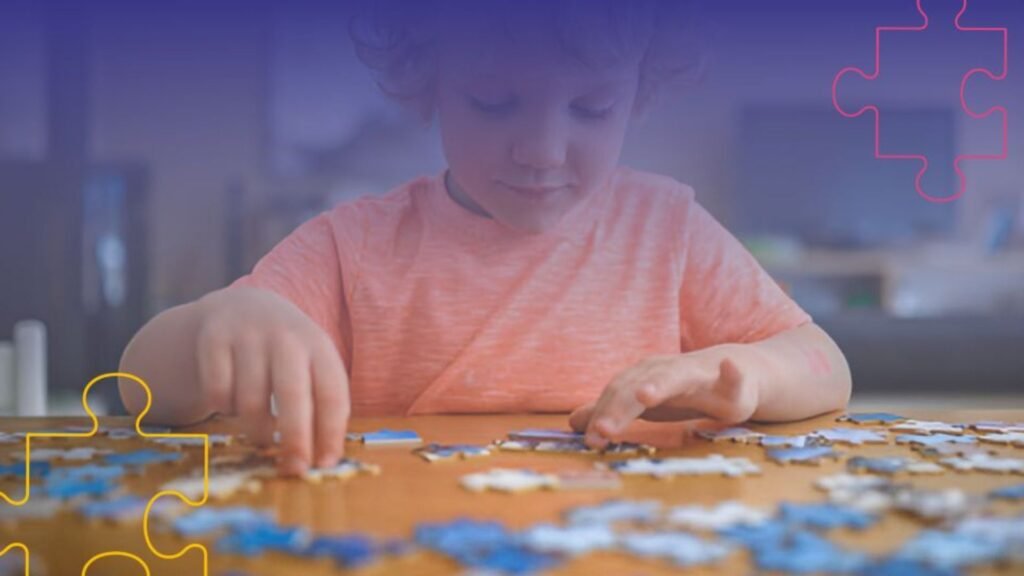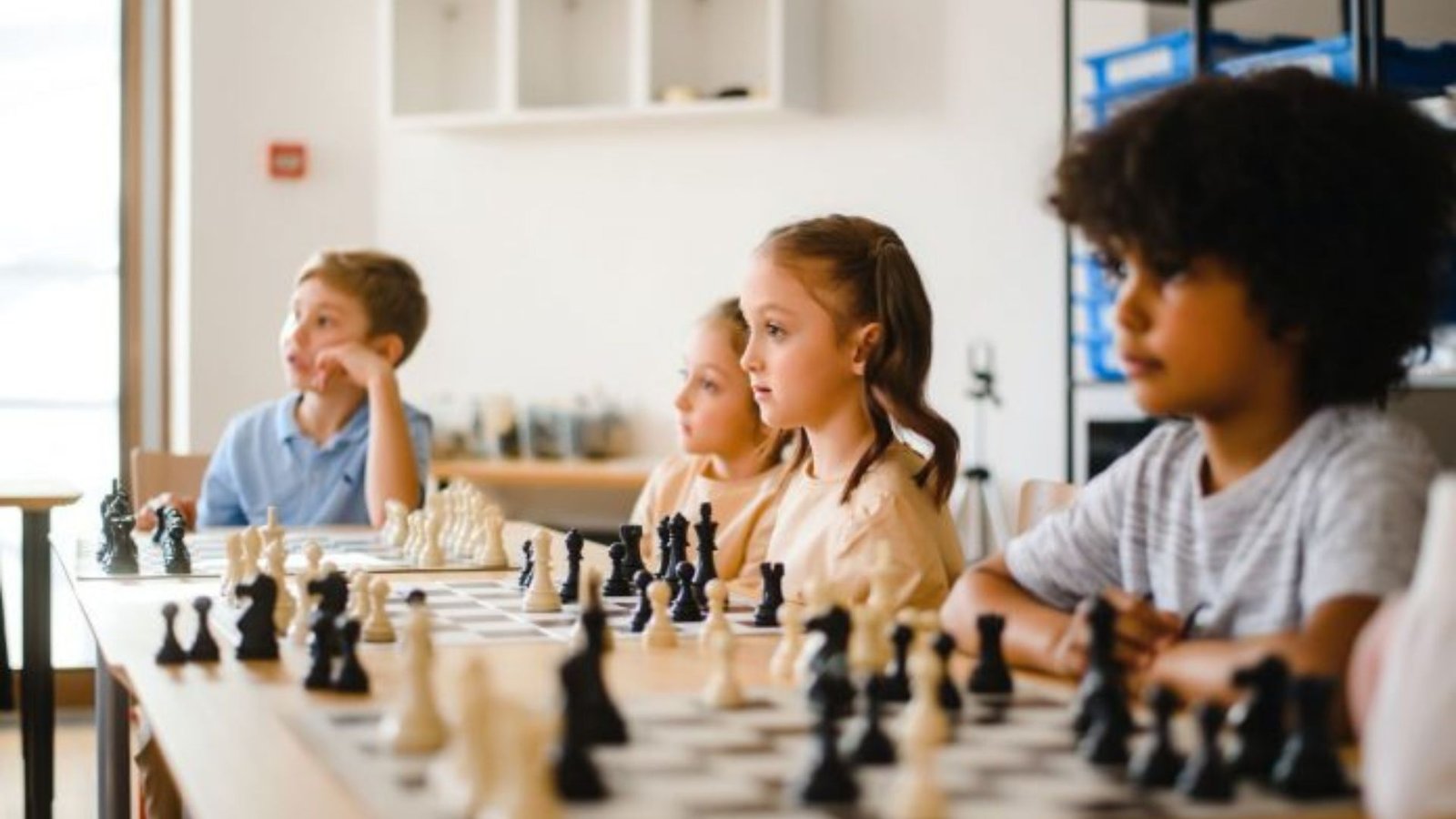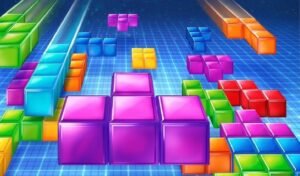In today’s fast-paced world, maintaining focus and concentration can be a challenge. With distractions constantly vying for our attention, it’s becoming harder to stay on task. However, there is a surprisingly effective way to boost your cognitive function and improve your ability to concentrate: puzzles. Whether you’re solving a jigsaw, crossword, Sudoku, or a logic puzzle, engaging with puzzles can significantly enhance your mental clarity, attention span, and focus. In this article, we’ll explore how puzzles help improve focus and concentration, looking at the cognitive benefits they offer and how different types of puzzles stimulate the brain.

The Cognitive Benefits of Puzzle Solving
Before diving into how specific puzzles can help improve focus, it’s important to understand the general cognitive benefits of solving puzzles.
a. Engaging the Brain
Puzzles require active engagement, meaning they force the brain to work harder than passive activities like watching TV or scrolling through social media. This engagement stimulates various areas of the brain, especially those responsible for attention, memory, and problem-solving. Just like physical exercise strengthens muscles, solving puzzles strengthens cognitive abilities.
b. Enhancing Working Memory
Working memory refers to the brain’s ability to hold and manipulate information over short periods. Many puzzles, such as crossword puzzles and Sudoku, require you to hold multiple pieces of information in your mind at once, improving working memory. As you focus on remembering certain details, whether it’s a list of clues or a sequence of numbers, your brain’s ability to retain and process information becomes stronger.
c. Improving Visual-Spatial Reasoning
Puzzles like jigsaws, tangrams, and Rubik’s Cubes require you to visualize patterns and anticipate how pieces fit together. This kind of spatial reasoning helps improve attention to detail and the ability to focus on visual information. Over time, these puzzles can help sharpen your spatial awareness, a skill essential not only for puzzle solving but also for real-world tasks like driving, navigating, and even understanding graphs and charts.
How Jigsaw Puzzles Improve Focus
Jigsaw puzzles are a classic example of how puzzle-solving can improve focus and concentration. These puzzles require players to focus on small details and keep track of progress over time. Here’s how they work:
a. Focusing on Small Details
When you work on a jigsaw puzzle, you must pay close attention to individual pieces, colors, shapes, and edges. This attention to detail is crucial, as each piece must be carefully examined and placed in the correct position. Over time, as you practice this skill, your attention span increases, helping you concentrate for longer periods without feeling distracted.
b. Building Patience
Jigsaw puzzles are also excellent tools for building patience, as they often require hours of quiet concentration to complete. As you slowly make progress and fit pieces together, you develop perseverance. The longer you engage with the puzzle, the more you train your brain to maintain focus over an extended period, which translates to greater concentration in other areas of life.
c. Stress Reduction
Jigsaw puzzles have a calming effect on the mind, reducing stress and anxiety. As you immerse yourself in the process of solving a puzzle, your brain releases dopamine, a neurotransmitter associated with happiness and satisfaction. This sense of achievement, even from small wins like fitting a few pieces together, encourages the brain to stay focused and engaged.
Conclusion
Puzzles are more than just a fun way to pass the time—they are a powerful tool for enhancing focus, concentration, and mental clarity. Whether you enjoy the tactile challenge of a jigsaw puzzle, the wordplay of a crossword, the logic of Sudoku, or the deduction involved in a logic puzzle, regularly solving these challenges can significantly improve your ability to stay focused and mentally sharp.



